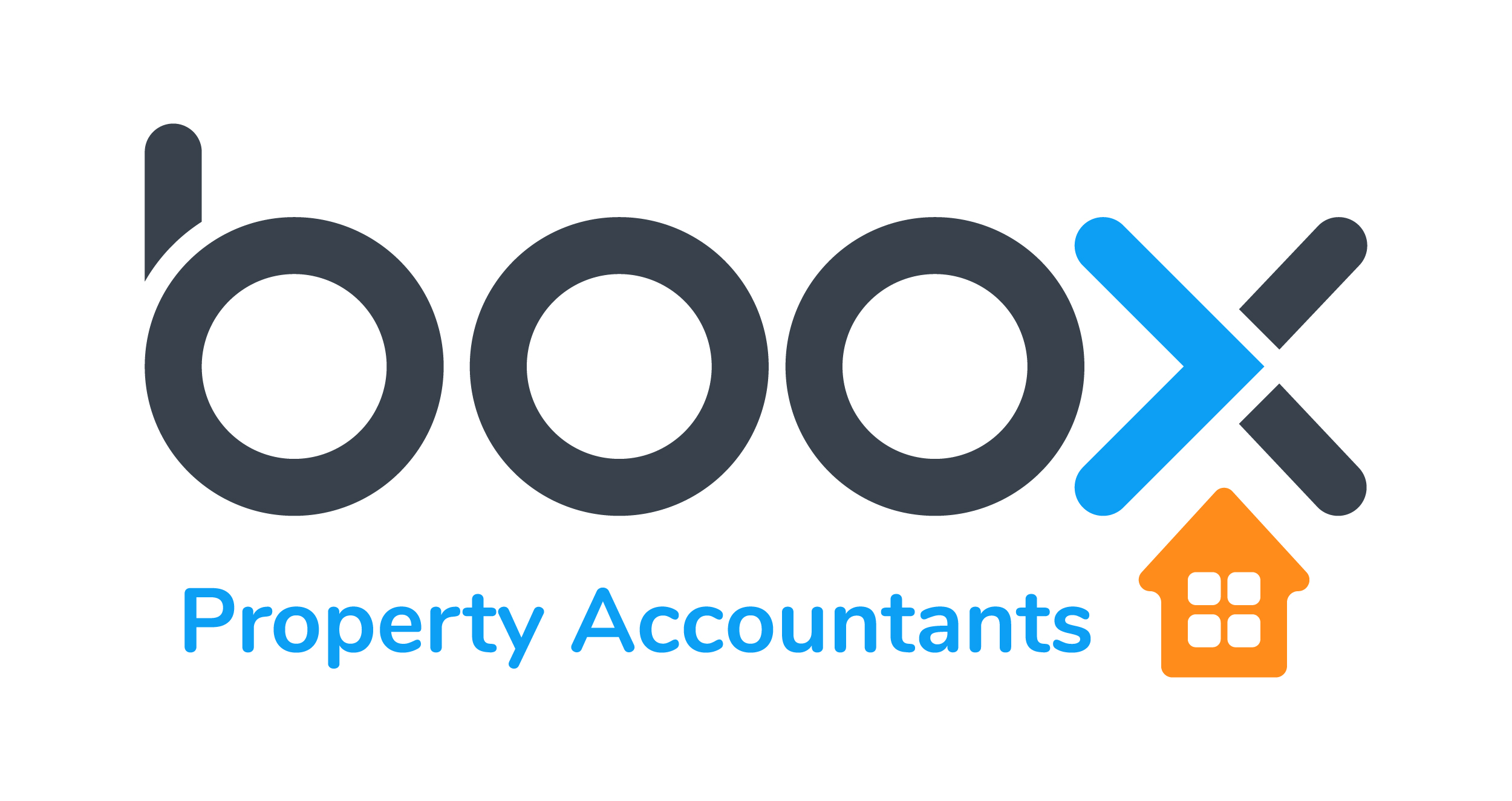Once a property has been purchased, quite often there is more work that needs to be done on it before it can be let out or sold. The costs of refurbishing or developing can be significant, however luckily there is tax relief available for certain expenditure.
Whether this work is financed by a mortgage or other type of loan, the way in which and the extent to which relief is available for the interest costs depends on whether it falls with the property income or trading income tax rules.
The case studies below illustrate the different approaches that can be taken to property investment and its associated tax reliefs:
Case Study 1: Buy-to-Let Investment
Simon buys a property as an investment with the intention to let it out long term. The property costs 250,000, but it has been neglected and needs doing up before he can put it on the rental market.
Simon’s budget for the renovation works is £40,000. Both the purchase and the refurbishment works are financed with savings of £70,000 and a mortgage of £220,000. The interest on the mortgage is £800 per month.
His purchase completes on 1st Mary 2018 and the renovation work takes six months. The property is then let from 1st November 2018 and at this time, it is valued at £280,000.
Under the property income rules, interest is allowed as a deduction or tax reduction (as appropriate) to the value of the property when first let. In Simon’s case, the value of his property when first let is more than that of the mortgage, so relief for the full amount of the interest is allowed when computing the rental profit.
- For 2018/19, 50% of the interest costs can be deducted from the rental income, with relief for the remaining 50% being given as a basic tax reduction.
- For 2019/20, 25% of the interest costs are eligible as deduction, with relief for the remaining 75% being given as a basic tax reduction.
When it comes to relief for the interest that was incurred in the renovation period prior to the property being first let, these are available under the pre-commencement provisions.
These provisions allow relief to the extent that it would be available had the interest been incurred while the property was let.
Therefore, the interest in the pre-letting period (from 1st May 2018 – 31st October 2018 of £4,800) is treated as incurred on 1st November 2018, the day that the property rental business commences.
Case Study 2: Buy-to-Sell Investment
In this case study, David also buys a property that he wants to do up. However, his intentions differ to Simon in that he wants to get the renovations done as quickly as possible in order to sell the property at a profit, and buy another one he can then renovate with the proceeds.
David is a property developer as opposed to a landlord, and any interest costs incurred in funding the development are deductible under the trading provisions in computing his trading profit.
This would be the case regardless of whether he is operating as a sole trader, or other unincorporated business or company through which to carry out his property development business. Availability of the interest deduction depends on the ‘wholly and exclusively’ rule being satisfied.

